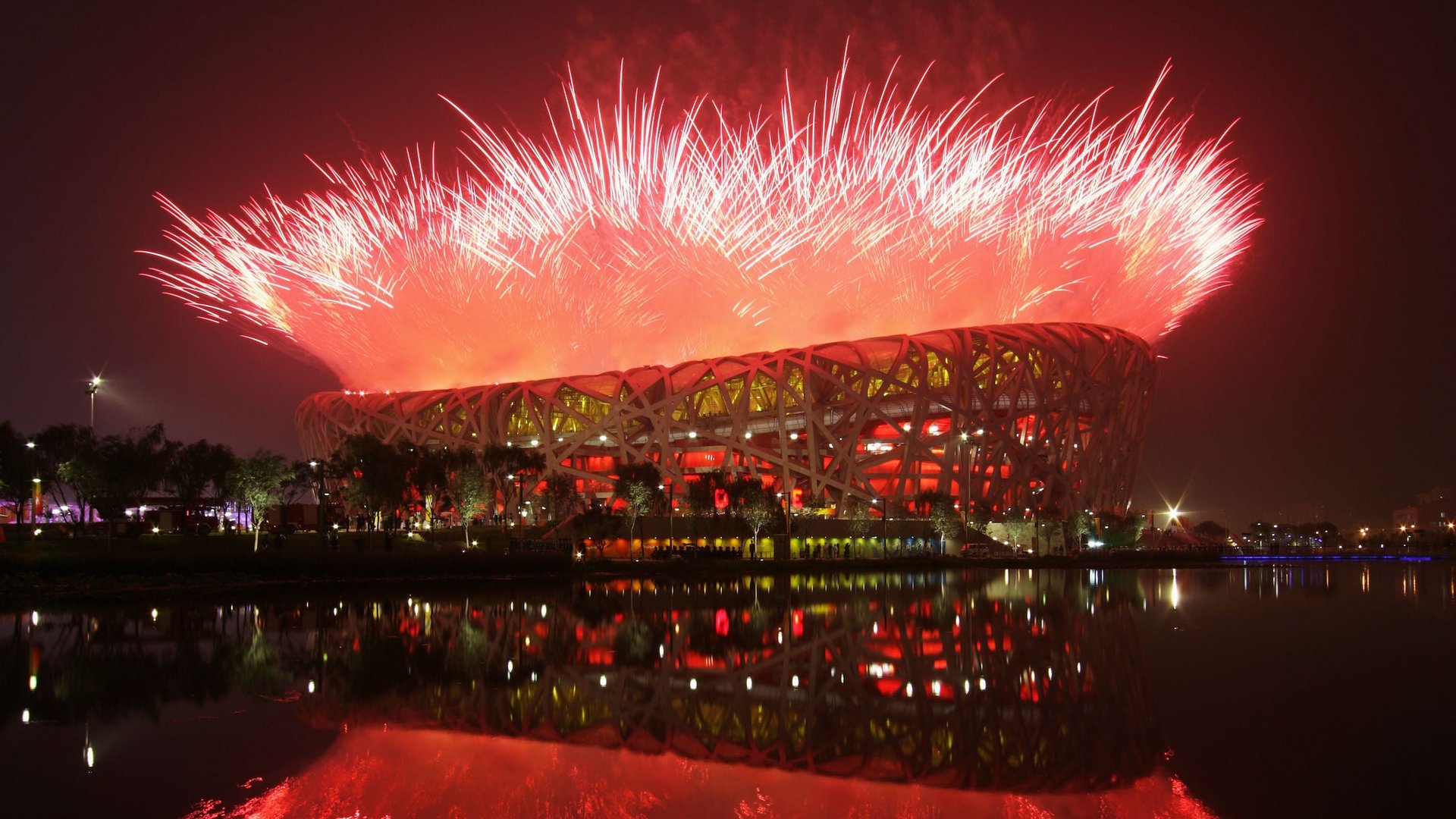China’s brand new approach to holding sporting events: Spend less
One sign that China is serious about reeling in public spending: its officials are doing away with big, expensive and over-the-top sporting events à la the 2008 summer Olympics.


One sign that China is serious about reeling in public spending: its officials are doing away with big, expensive and over-the-top sporting events à la the 2008 summer Olympics.
The budget for China’s National Games, a sporting event that serves as a testing ground for potential Olympians, has been slashed by 78%, to 800 million renminbi ($130 million), from 3.6 billion renminbi. ”We hope to create a new manner of organizing big events in a thrifty way,” said He Min, the deputy director for the Games organizing committee at a press conference on July 11.
That’s a big cut. The National Games, held and broadcast across the country every four years, are usually an occasion for Chinese cities to show off as they try to outspend and outdo past host cities. That became even more the case after the Beijing Olympics, which China spent an estimated $43 billion to host. The last National Games in 2009 in Shandong province were as, if not more, lavish than the Olympics—officials dropped almost 300 million renminbi on just the tennis courts.
The difference this time is that the National Games, to be held in Liaoning province, come just as China’s new administration is ordering national and local officials to focus less on GDP growth—previously achieved through spending on infrastructure and big events like the Games—even amid a slower growing economy. And that’s because local debt is getting out of control: as of the end of last year, 36 local governments were $628 billion in debt, 12.9% higher than in 2010.
It’s uncertain how much officials have already spent on the event that begins at the end of next month. But He said that costs would be saved by cutting the number of venues and teams, invited guests, as well as souvenirs given, and banquets held. Officials are also holding the opening ceremony during the daytime, which not only saves on fireworks but removes any temptation to digitally enhance them on television again.